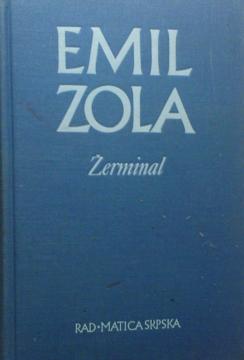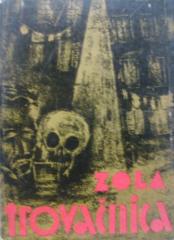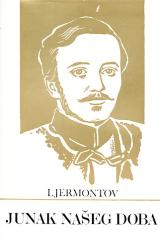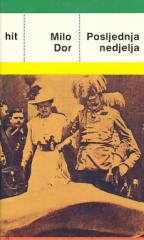
Žerminal
In his best work, Germinal, Émile Zola realistically described the inhuman living and working conditions of miners in northern France in the 60s of the 19th century.
Germinal is a novel published in 1885, one of the most important in Zola's "Rougon-Macquart" cycle. The main character, Étienne Lantier, a young worker who lost his job due to his impetuous nature, comes to the mining settlement of Montsou and gets a job at the Voreux mine. There, he witnesses the brutal working conditions, injustice, and misery that plague the miners' families. Étienne becomes increasingly politically aware, embraces socialist ideas, and organizes a strike in an effort to get the workers better conditions and wages.
The strike, initially full of hope, soon develops into a struggle for bare survival. The government and the mining employers brutally suppress the rebellion, and the strikers and their families suffer hunger and death. The mine becomes a symbol of the relentless force that grinds the workers down. Despite the defeat, the novel ends with symbolic hope: Germinal - a month in the French revolutionary calendar that marks the awakening of nature - suggests that, like spring, workers' resistance will one day flourish again.
In "Germinal," Zola masterfully combines a naturalistic depiction of misery with strong emotion and social engagement. The work remains one of the most powerful depictions of social injustice in literature.
No copies available
The last copy was sold recently.





